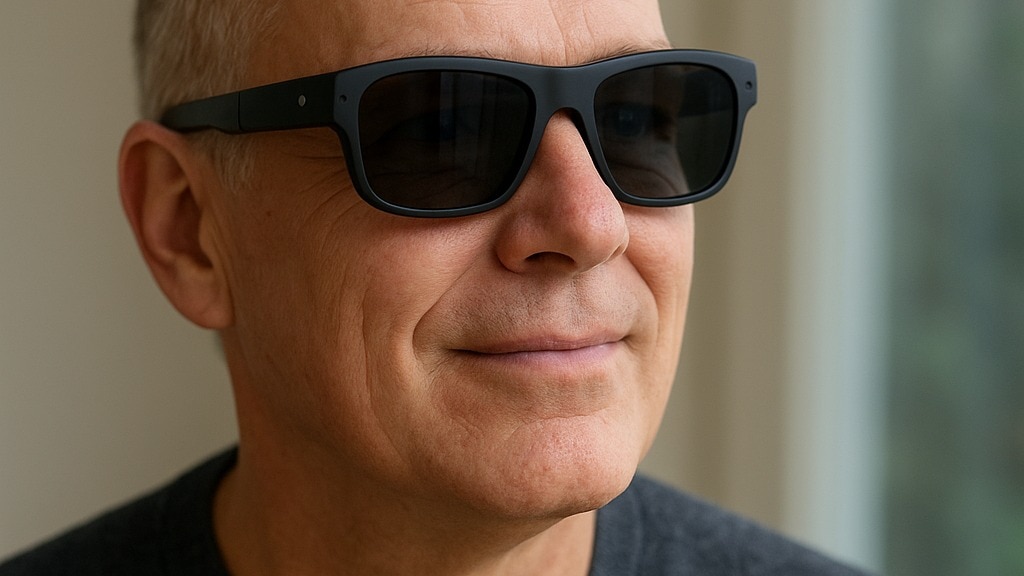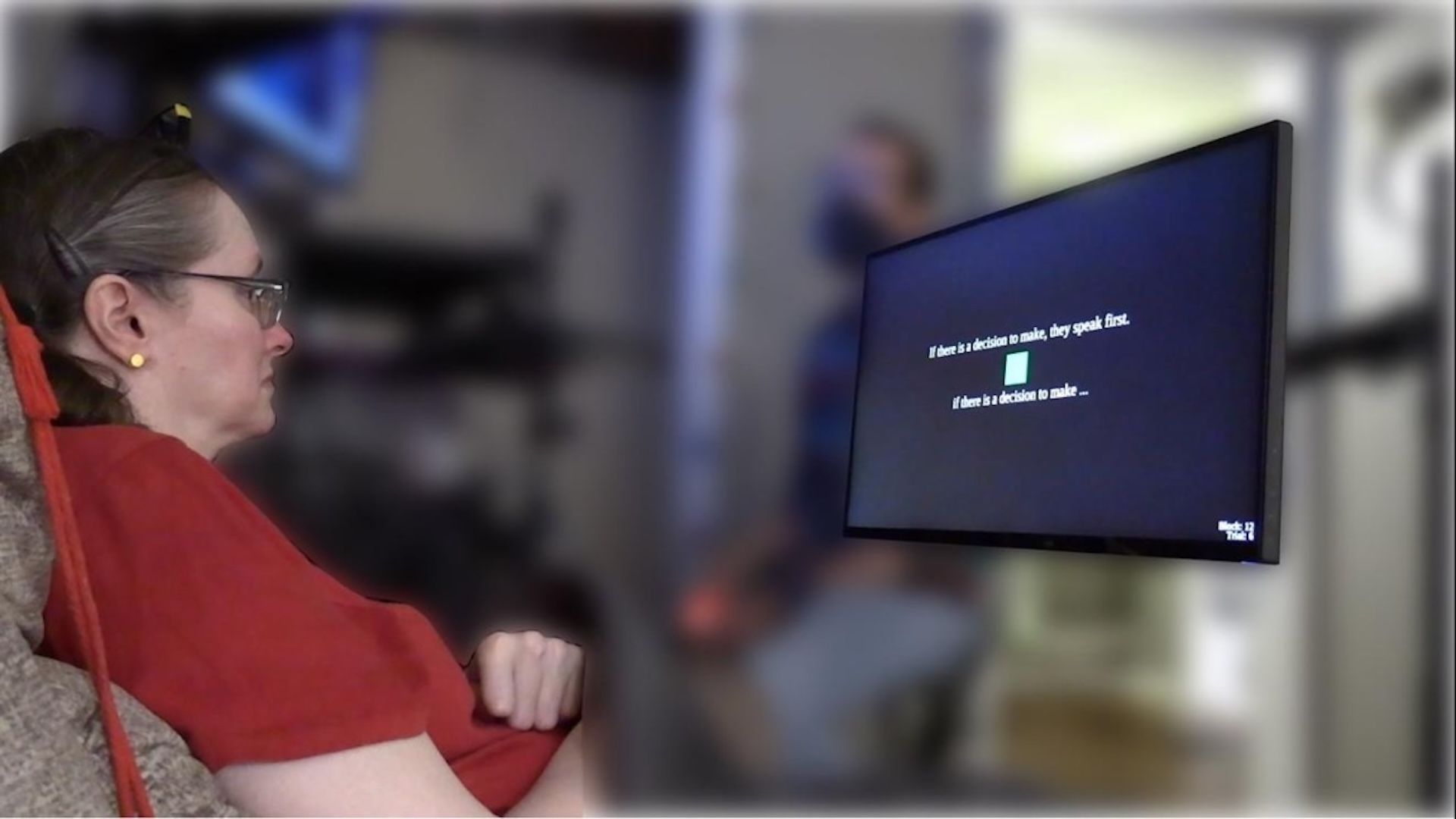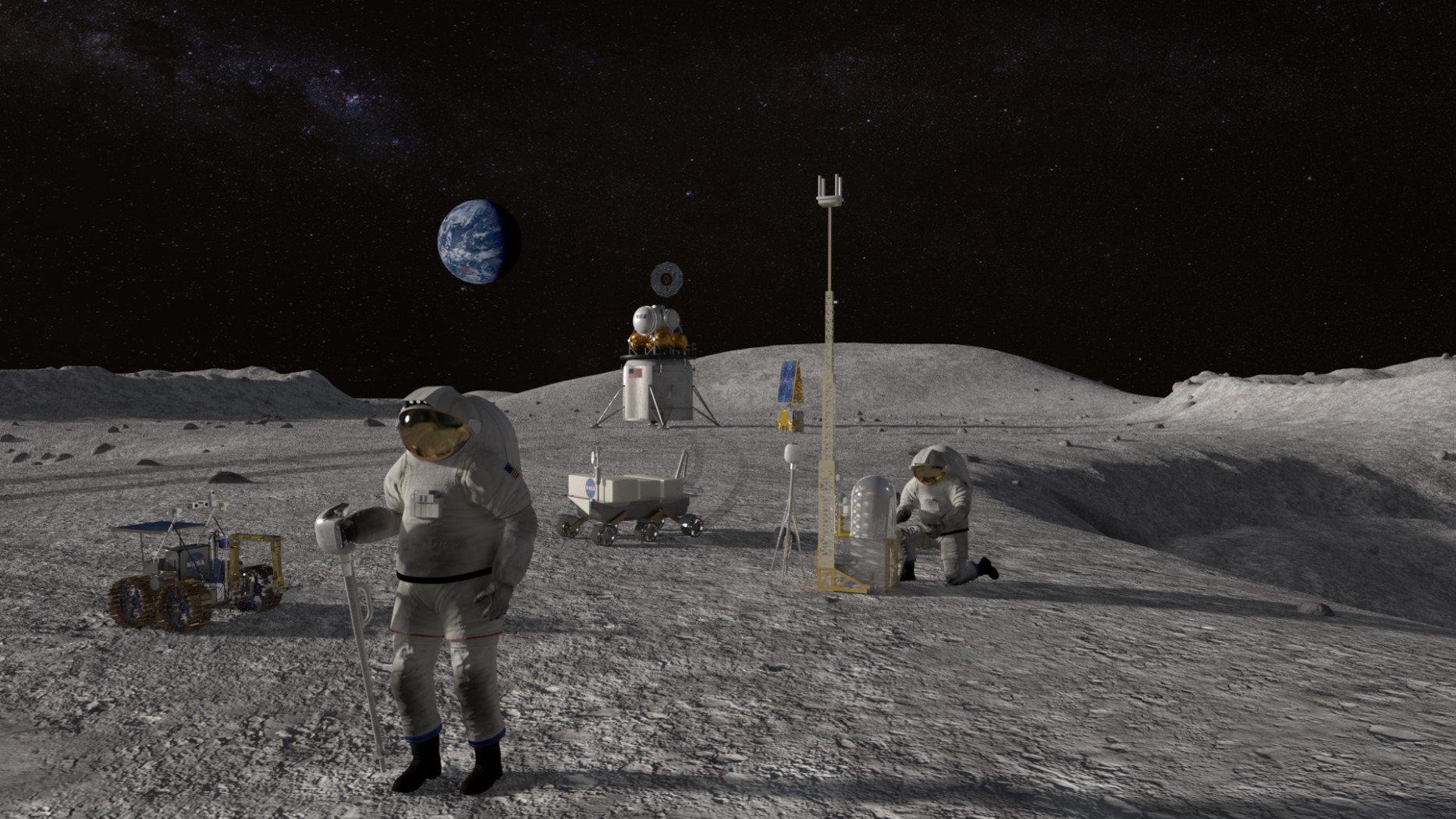Is AI Taking Over Our Favorite Games? Shocking Scandal Unveiled!

Can you imagine seeing your face on a video promoting a game you’ve never even played? Well, that's exactly what happened with a popular streamer who found himself in the center of a whirlwind controversy. The gaming world is reeling after the launch of ads for the free-to-play game The First Descendant, which reportedly featured fake AI-generated influencers as well as a deepfake of a real content creator, all without consent.
Developed by Nexon, the minds behind the beloved MapleStory, The First Descendant invites players into a thrilling third-person loot shooter where they combat alien invaders. Just like mega-hits such as Fortnite and League of Legends, this game introduces seasons—time frames lasting a few months that roll out fresh content. Currently, Season 3: Breakthrough is in full swing, and Nexon aimed to ramp up excitement with TikTok ads.
But hold up! Players soon noticed something was off about these ads. Instead of real streamers promoting the game, many of them seemed like cleverly crafted AI fakes. How could anyone take a gamer seriously when their voice sounded robotic, their scripts felt scripted, and their movements seemed, well, a little too perfect? For those casually scrolling through TikTok, it might be hard to tell at first, but a closer look revealed a totally different story.
Reddit user u/iHardlyTriHard was quick to share their discovery on the r/TheFirstDescendant subreddit, revealing that their feed was flooded with these questionable ads in a matter of minutes. “It’s a kick in the teeth to TFD content creators for them to be using AI for ads like this instead of actual content,” they lamented, clearly frustrated as a fellow creator.
The plot thickened when one of these ads featured a deepfake of horror game streamer DanieltheDemon, who was shown promoting The First Descendant despite having no connection to the game at all. Daniel took to the comments to express his disbelief: “They stole my face/reactions from my most viral video and used AI to change what my mouth says and a voice that isn't mine. I did not consent for my likeness to be used…”
Daniel’s most popular TikTok, featuring him playing the indie horror game The Guest, has racked up an impressive 8.3 million views. But now, it seems that his likeness was manipulated to promote something he didn't even support. It’s a shocking twist that raises serious questions about the ethics of using AI in marketing.
As the backlash brewed, players voiced their concerns about how these ads could ultimately damage the game’s reputation. “Honestly, it’s embarrassing,” remarked Reddit user u/darknessinzero777, expressing thoughts many gamers likely share. “Anyone who was maybe half interested in checking it out would see these and think not a chance.” Fellow user u/Detpowell echoed this sentiment, stating, “I have no idea how I can recommend this game to other people at this point without also completely ruining my own credibility in the process.”
Faced with growing discontent, Nexon released a statement addressing the uproar, emphasizing that they did not create the controversial ads themselves. Instead, these were submitted by third-party creators through a program called the Creative Challenge for TikTok, designed to allow creators to submit their content for potential use in marketing. The company stated, “We have become aware of cases where the circumstances surrounding the production of certain submitted videos appear inappropriate… We are conducting a thorough joint investigation with TikTok to determine the facts.”
While it’s true that TikTok’s Creative Challenge program allows brands to reach out for user-generated content, it seems that the vetting process needs some serious reworking. After all, how could Nexon let through such glaringly apparent AI-generated content? It’s concerning to think that the developer either left the review process entirely to TikTok or missed the obvious signs themselves.
Nexon has stated that their review is taking longer than anticipated, promising to keep players updated on the situation. One thing's for sure: they will likely be more cautious in approving crowdsourced ads in the future. As the lines between reality and AI blur, one can't help but wonder what this means for the future of gaming and authenticity.

























